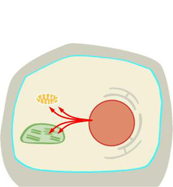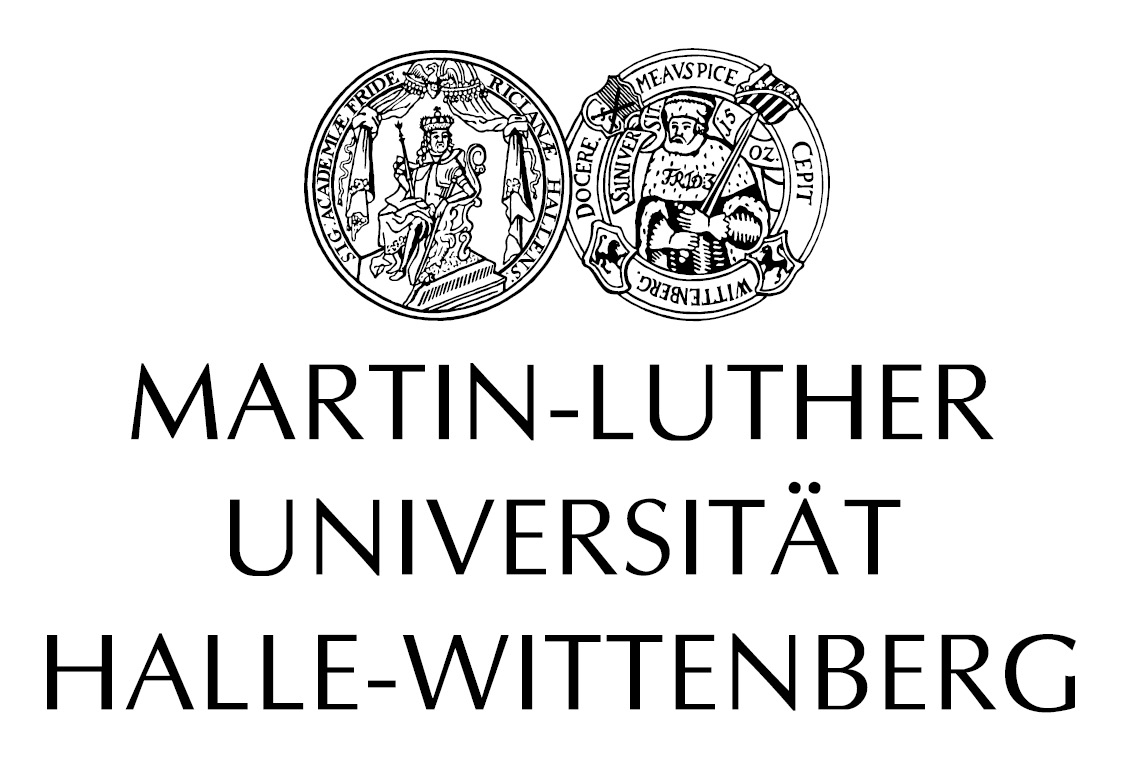// P07

Towards the functional relevance of dual protein targeting in plant cells
Project Leader// Prof. Dr. Ralf Bernd Klösgen
Co-Supervisor// Dr. Bationa Bennewitz
Martin-Luther-University Halle-Wittenberg
Institute of Biology
General Botany
Dual targeting of a nuclearly encoded protein into two different cell organelles is an exceptional event in eukaryotic cells. Yet, the frequency of such dual targeting is remarkably high in case of mitochondria and chloroplasts, the two endosymbiotic organelles of plant cells. For only a few of these proteins a function in both organelles has yet been proven. Dual targeting has therefore been suggested to be an evolutionary remnant that is tolerated by the plant cell and potentially leads to new functions in these organelles. On the other hand, due to the partially overlapping duties of chloroplasts and mitochondria in the cell, e.g. in energy and redox metabolism, it appears likely that at least a subset of those proteins are indeed active in both organelles. This in turn implies that the organelle targeting specificity can be regulated by the cell. To evaluate these aspects of the dual targeting phenomenon in more detail, we have established a number of different approaches including in silico, in organello as well as both transient and stable in vivo assays. In the first funding period of the RTG the following points shall be addressed:
- Impact of tissue type, developmental status, and environmental conditions on the specificity of organelle targeting
- Evaluation of the requirement for a given organelle-targeting specificity of nuclear encoded organelle proteins
- The role of the dually targeted TatA protein during transport of folded proteins across chloroplastic and mitochondrial membranes


